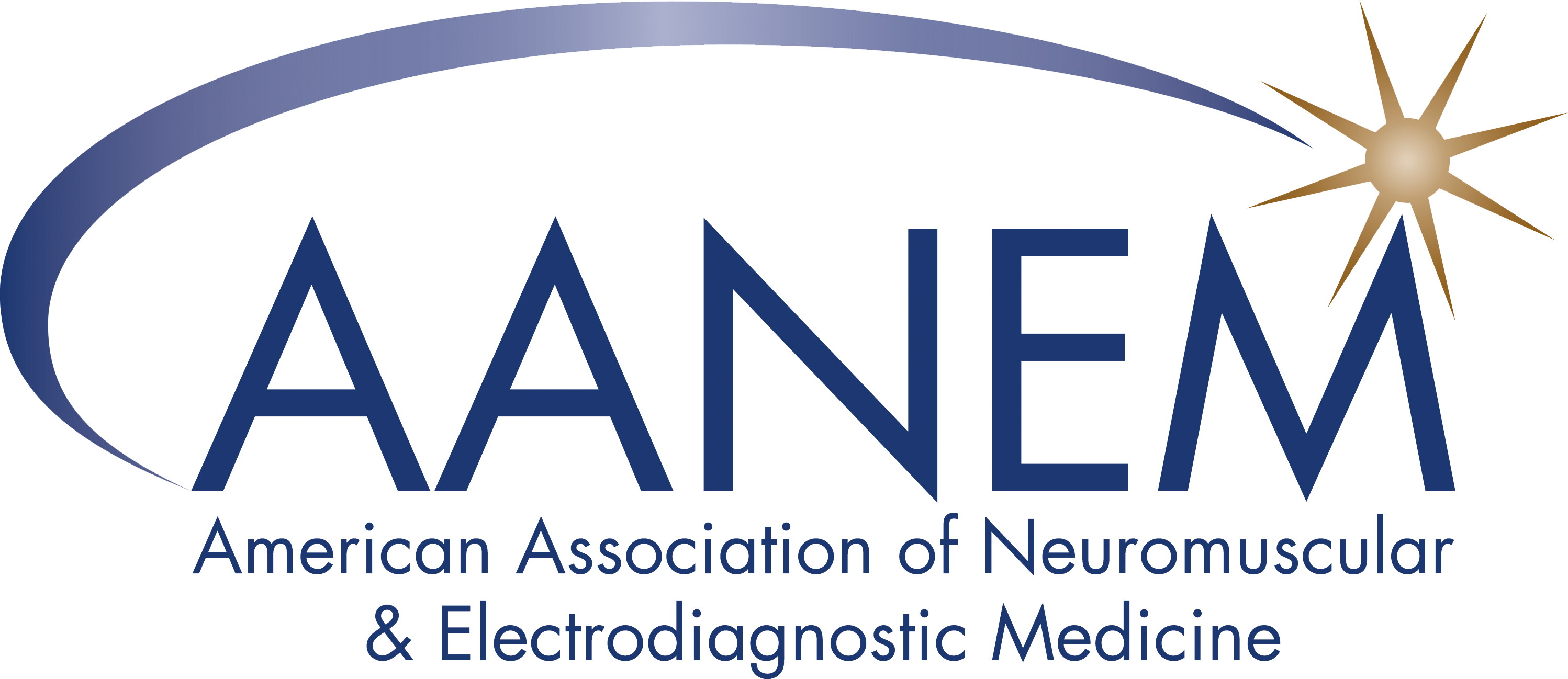Peripheral Neuropathy
What is Peripheral Neuropathy?
Peripheral neuropathy is dysfunction of the nerves outside of the brain and the spinal cord which can arise from a wide variety of causes. People with peripheral neuropathy can suffer from one or all of the common symptoms, which include numbness and tingling of the feet and sometimes the hands, pain from mild stimulation to affected areas, pain that is characteristically burning or electrical and shooting, reduced sensitivity to temperature or pain, balance or walking problems, and weakness or atrophy of affected muscles. In some cases, autonomic functions such as blood pressure or heart rate can be affected, such as with complaints of dizziness upon standing and sweating alteration in the feet
The most common peripheral neuropathy in developed countries is caused by chronic high blood sugar levels, which we now associate with diabetes and prediabetes. Age also makes us more vulnerable to peripheral neuropathy due to accumulated wear and tear on the nerve fibers over time. Alcohol abuse, particularly binge drinking with large volumes in a sitting, can cause neuropathy because high blood alcohol will act similarly to high blood sugar at the level of the nerves. Nutritional deficiencies in vitamins such as B12 can harm nerves just as excess of minerals like zinc or vitamins like B6 can harm nerves, so supplements should always be discussed with your doctor like any other medication. Neuropathy can also be due to underlying medical conditions including autoimmune conditions where antibodies your body produces go on to interfere with nerve function or hematological conditions with production of abnormal proteins such as antibodies or fragments of antibodies. Some cases are still idiopathic, meaning we don’t know the cause, and in these cases, we may search for genetic factors predisposing you to developing a neuropathy.
Who gets Peripheral Neuropathy?
Peripheral neuropathies are often diagnosed clinically by symptoms and thorough neurological examination, especially when risk factors can clearly be identified and the symptoms follow common patterns such as feet and hands being affected first. Electromyogram and nerve conduction study (EMG/NCS) are ordered for supportive evidence and for characterization of the neuropathy which can help guide your doctor’s therapeutic choices. Diagnostic blood studies and spinal fluid examination are done to look for treatable causes of neuropathy. Together with NCS, autoimmune neuropathies can be identified, and if present, these have far better outcomes with appropriate treatment applied early in the course of the illness. Some neuropathies affect nerve fibers that are of small diameter and cannot be detected by NCS, and in these cases, a small biopsy of the skin can be examined to count the small nerve fibers directly.
How is Peripheral Neuropathy diagnosed?
Treatment for all peripheral neuropathies will address the symptoms. Medications that alter the way pain signals move through your body are used in place of typical pain killers because they have a better response in neuropathic pain and don’t have the side effects of narcotics and other strong pain killers. If the neuropathy is affecting the way you walk or use your hands, physical and occupational therapists will evaluate for either training or equipment that with improve your ability to cope with the limitations.
How is Peripheral Neuropathy treated?
In the cases where we can identify the specific cause of the neuropathy, we will treat that cause to prevent worsening of the symptoms and give your nerves the best chance to recover. Depending on the cause, this could mean treatment with medicine to suppress or modulate your immune system, supplementing a missing vitamin or mineral, or controlling blood glucose within a tighter range. When the cause of your neuropathy is another medical condition, you may be referred to a specialist in the treatment of the underlying condition as well.
More Information
Diabetic Neuropathy
Critical Illness Neuropathy
Hereditary Motor Sensory Neuropathy
Multifocal Motor Neuropathy
Peroneal Neuropathy
Posterior Interosseous Neuropathy
Ulnar Neuropathy
Help Fund Research
The foundation funds important research and helps support education through awards and fellowship funding. Donate today and 100% of your donation will be used to support these initiatives.
Find Support
AANEM's membership and accredited laboratory directories can help patients find qualified professionals for diagnosis and treatment.
Find a Doctor Find an Accredited Lab